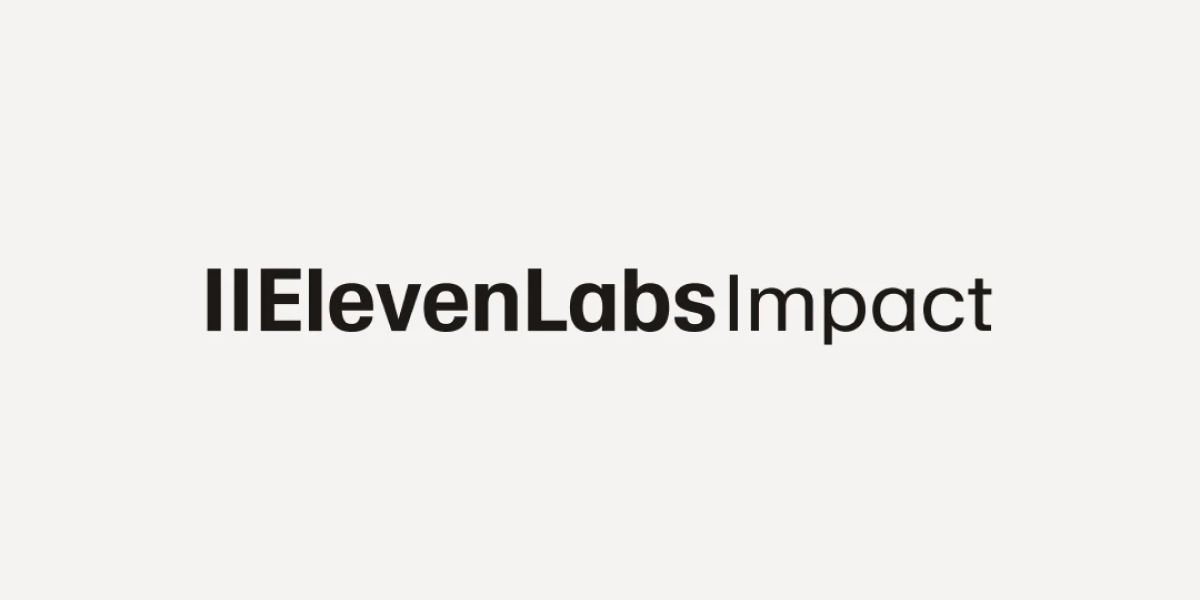New Aphasia Treatment, Brain Chip Grant, RFK Jr., and More (Spoken Roundup #22)

There’s been a lot happening related to aphasia, autism, and AAC. In the Spoken roundup, we compile some of the most compelling stories from these spaces. If you’re curious about where things are headed or just want to catch up on what’s new, there’s plenty here worth checking out! This week some of our highlights include a possible breakthrough for aphasia treatment, a philanthropic push to get brain-computer interfaces off the ground, and an autistic journalist’s response to HHS Secretary Kennedy’s harmful autism rhetoric. For these stories and more, keep reading!
Aphasia Awareness
Combining Brain Stimulation with Speech Therapy Shows Promise for Restoring Language in Primary Progressive Aphasia
A new study out of the University of Arizona may offer a breakthrough for those living with primary progressive aphasia. Researchers have paired speech therapy with a low-level brain stimulation technique, and the results are striking: participants not only improved their language skills, but retained those gains longer than with therapy alone. Read more about it here.
Technology and Communication
Enabling Stroke Victims to “Speak”: $19M Toward Brain Implants to be Built at U-M
A new $29.7 million grant from the Marcus Foundation is fueling an effort to restore speech in stroke victims — not with traditional rehab, but with brain implants. In a collaboration between the University of Michigan and Stanford, researchers are building ultra-small, wireless devices that can decode language signals directly from the brain. The tech is promising, but the real headline is the scale of support behind it: a major philanthropic push to finally bring speech-restoring brain-computer interfaces into clinical reality.
Apple Unveils Powerful Accessibility Features Coming Later This Year
Apple recently announced new accessibility updates, including some major upgrades for anyone who uses iOS to communicate. Head tracking is coming to iPhone and iPad, offering a new, hands-free way to control your device. The existing eye tracking is also getting more efficient, with easier typing and quicker selection methods. Similarly, Personal Voice is receiving an overhaul that will make it easier than ever to create a custom voice. Finally, “Accessibility Nutrition Labels” will be added to the App Store, showing you which features an app supports before you download it.
WordFinder App: Harnessing Generative AI on AWS for Aphasia Communication
WordFinder is a recent app concept by the Queensland Aphasia Research Centre (QARC) that puts generative AI to work for people with aphasia, helping them find the words they need by starting with something visual. Snap a photo, and the app identifies objects. It then provides a list of semantically related words using Claude AI. Built for Amazon’s Hack for Purpose event, the app takes a familiar therapy technique — semantic cueing — and turns it into a streamlined digital tool. Learn more about how it works here.
Comparison of Large Language Model with Aphasia
Why does ChatGPT sometimes give fluent, confident answers that are completely wrong? According to new research from the University of Tokyo, it might be because AI tools process information similarly to people with Wernicke’s aphasia. The study found striking similarities in the way information moves around inside AI models and brains affected by receptive aphasia. This surprising connection could help improve both AI design and aphasia diagnosis. For a breakdown of the research, check out Neuroscience News’ coverage.
Autism Advocacy
I Know RFK Jr. is Wrong About Autistic People — Because He’s Talking About Me
When Robert F. Kennedy Jr. claimed autistic people “will never hold a job” or “pay taxes,” journalist Eric Garcia — a working, taxpaying autistic adult — was sitting right in front of him. In his response, Garcia lays out how policies like early diagnosis programs and workplace accommodations helped him succeed — not despite being autistic, but because society made room for him to thrive. While it’s important to correct RFK’s misinformation, it’s also important to acknowledge how dehumanizing his claims are. Not being able to hold a job or pay taxes does not mean you aren’t worthy of dignity and respect. Framing autistic people solely in terms of economic output erases the value of those who need more support, and reinforces harmful ideas that can shape policy in dangerous ways. Garcia’s response pushes back on that narrative, not just with facts, but with lived experience.
As always, thanks for reading our roundup! If you’re interested in more stories like these, be sure to check out our previous roundup!
About Spoken
Spoken is an app that helps people with aphasia, nonverbal autism, and other speech and language disorders.


